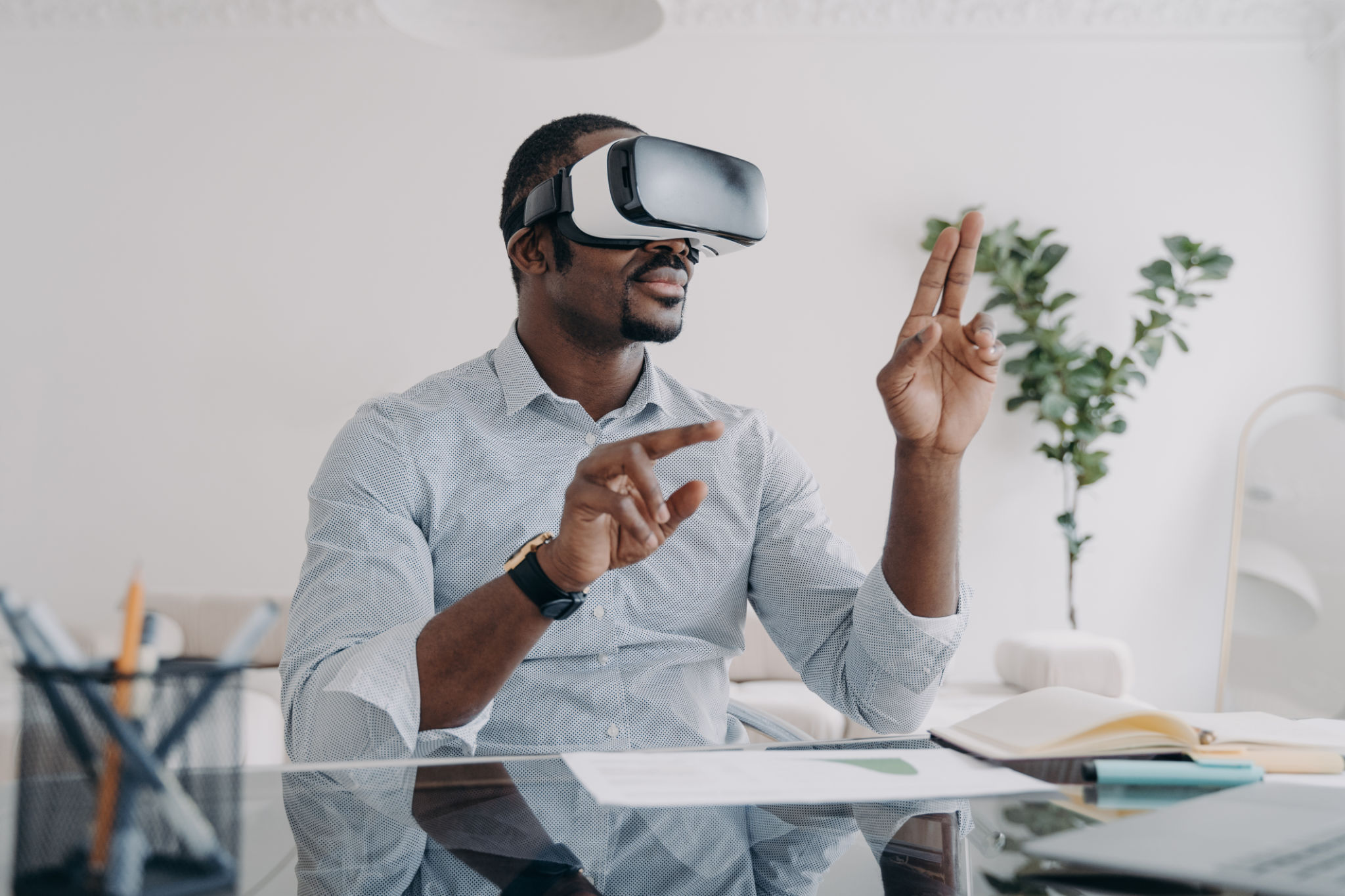Upcoming Trends in VR-Based Coaching You Should Know
The Future of Coaching: Virtual Reality Takes the Lead
Virtual Reality (VR) is transforming numerous industries, and coaching is no exception. The immersive nature of VR offers a unique opportunity for coaches to create more engaging and effective learning experiences. As we delve into the future of coaching, it's essential to keep an eye on the upcoming trends in VR-based coaching. These trends promise to revolutionize how coaches and clients interact.

Immersive Learning Experiences
One of the most significant advantages of VR in coaching is its ability to provide immersive learning experiences. Unlike traditional coaching methods, VR allows clients to engage in realistic simulations and scenarios. This hands-on approach not only enhances understanding but also boosts retention rates significantly. Coaches can create environments tailored to specific learning objectives, making sessions more relevant and impactful.
For example, a leadership coach might use VR to simulate high-pressure situations where clients must make quick decisions. Through this, clients can practice and refine their skills in a safe and controlled environment. The realism offered by VR ensures that the lessons learned are easily transferable to real-world situations.
Personalized Coaching Sessions
Personalization is a critical aspect of effective coaching. VR technology enables coaches to customize sessions to meet the unique needs of each client. By analyzing data collected during VR sessions, coaches can identify areas where clients excel or struggle, allowing for targeted advice and strategies. This level of customization ensures that each session is both efficient and effective.

Moreover, VR can adapt in real-time to a client's performance, offering immediate feedback and adjustments. This dynamic approach ensures that clients remain engaged and motivated throughout their coaching journey.
Accessibility and Convenience
Another trend driving the adoption of VR in coaching is its accessibility and convenience. With VR headsets becoming more affordable and widely available, clients can participate in coaching sessions from the comfort of their own homes. This eliminates geographical constraints, allowing coaches to reach a broader audience.
The convenience of VR-based coaching also means that clients can easily fit sessions into their busy schedules. Whether it's a quick session during a lunch break or an in-depth weekend workshop, VR makes it possible to access quality coaching at any time.

Enhanced Collaboration and Networking
VR technology is not just about individual learning; it also facilitates enhanced collaboration and networking opportunities. In a virtual environment, clients can interact with peers from around the world, sharing insights and experiences. This global perspective enriches the learning experience, offering diverse viewpoints and strategies.
Coaches can also use VR to host group workshops or seminars, providing a platform for collaborative problem-solving and brainstorming. This collective approach fosters a sense of community among participants, encouraging continued engagement and learning.
Challenges and Opportunities
While the benefits of VR-based coaching are clear, there are challenges to consider. Ensuring user comfort with VR technology and addressing potential technical issues are crucial for success. However, these challenges also present opportunities for innovation within the industry.
As technology continues to evolve, we can expect even more sophisticated VR solutions tailored specifically for coaching purposes. Staying informed about these developments will be key for coaches looking to harness the full potential of VR in their practice.
Conclusion
The integration of VR into coaching represents a significant shift in how personal development is approached. By embracing these trends, coaches can offer more engaging, personalized, and accessible sessions. As VR technology continues to advance, its role in the future of coaching will undoubtedly grow, offering exciting possibilities for both coaches and clients alike.
